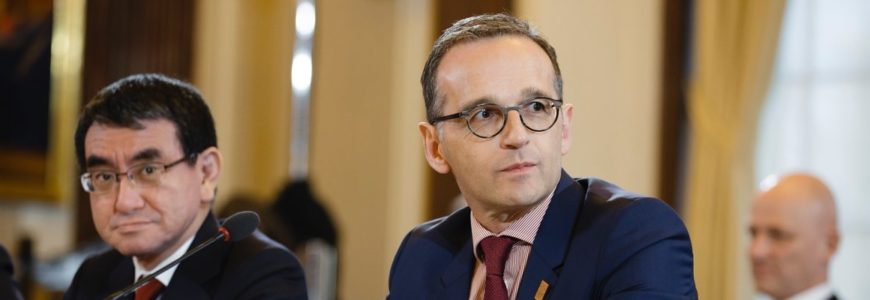
n an op-ed published in the German newspaper Handelsblatt, German Foreign Minister Heiko Maas declared that the “the US and Europe have been drifting apart for years.” Nowhere is this clearer than in the disagreement between the United States and Europe over the fate of the Iran nuclear deal. When President Trump withdrew from the Joint Comprehensive Plan of Action (JCPOA) and announced his intention to reimpose secondary sanctions that would impact European businesses, he made clear that he wouldn’t treat Europe in what Maas called a “balanced partnership.” In response, Maas believes that Europe must “bring more weight to bear” in global affairs.
In order to defend the JCPOA and protect European companies active in Iran from U.S. sanctions, Maas outlined three initiatives: “establishing payment channels independent of the US, a European monetary fund, and an independent SWIFT [payments] system.” These initiatives echo ideas expressed by French economy minister Bruno Le Maire in the aftermath of Trump’s withdrawal from the JCPOA. Le Maire has called for European governments to work together to protect Europe’s economic autonomy by creating “independent, sovereign European financial institutions which would allow financing channels between French, Italian, German, Spanish and any other countries on the planet.” Le Maire has declared that “the United States should not be the planet’s economic policeman.”
It will be difficult to realize the political designs of Maas and Le Maire within the economic structures that link Europe and global markets, including Iran. As Maas concedes, “the devil is in thousands of details.” It should be no surprise, therefore, that speaking to President Hassan Rouhani’s cabinet last week, Supreme Leader Ali Khamenei declared that Iran “must not pin hope on the Europeans for issues such as the JCPOA or the economy,” noting that promises must be examined with “skepticism.”

